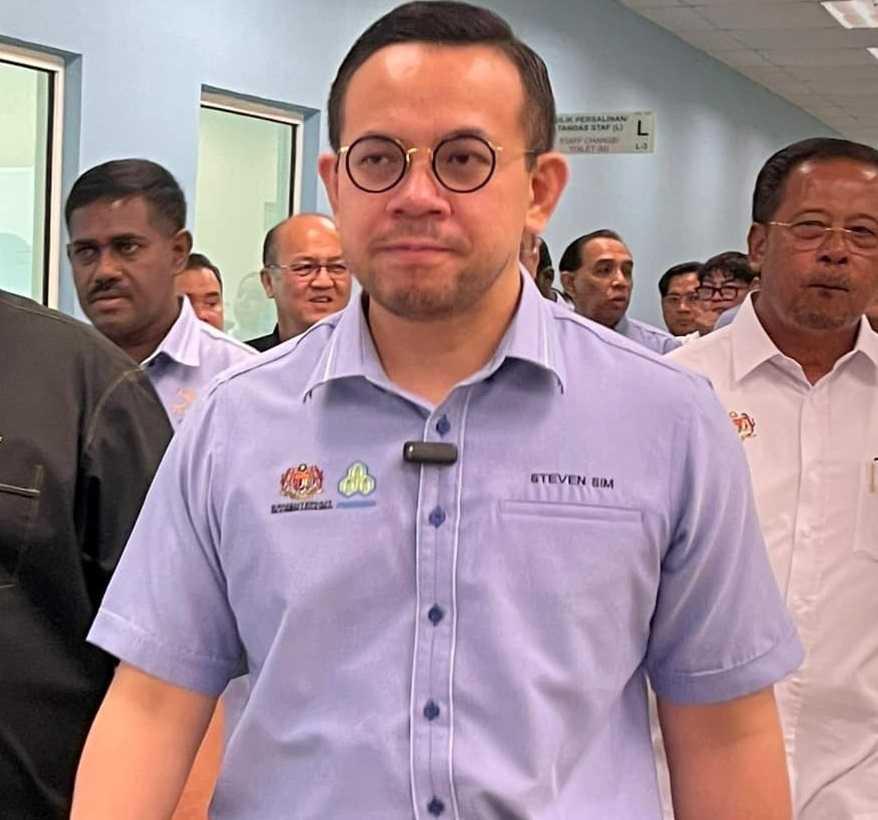Just privatise, say experts after HRDC joins list of problematic entities in latest audit
They say reforming such institutions will not work as they have become ungovernable.
Just In
The latest audit reports on the government's HRD Corporation (HRDC) have prompted analysts to call for the privatisation of state-owned enterprises (SOEs), saying this would finally plug decades-long leakage, wastage and losses of such entities.
The Public Accounts Committee (PAC) and Auditor-General's (AG) reports revealed that HRDC, an entity under the human resources ministry, had spent the levies that it collected on risky investments in the equity market.
It was also revealed that HRDC spent money on lavish events at five-star hotels and overseas trips.
In another development, Mara Incorporated Sdn Bhd, under the rural and regional development ministry, reported losses of up to RM200 million since 2012 due to inefficient business activities.
Doris Liew from think tank IDEAS Malaysia said the prolonged financial losses suffered by state-owned enterprises such as HRDC and Mara Inc were indicative of fundamental issues in governance.
"A primary concern is that many individuals appointed to the boards of directors lack the necessary qualifications, having secured their positions through political connections rather than merit.
"This incompetence is reflected in the poor performance and inefficiency of these organisations," she said.
Political appointments were among the issues highlighted in Pakatan Harapan's (PH) election manifesto before its first stint in Putrajaya in 2018. The coalition appeared to have erased this promise from its manifesto for the 15th general election in 2022.
Since coming to power for a second time, PH has made political appointments of its own at various government bodies.
Liew said government-linked corporations were hindered by a lack of business acumen as well as bureaucratic hurdles, a lack of innovation, and insufficient incentives.
"By transitioning SOEs into private ownership, these companies would be subject to market forces and competitive pressures that drive efficiency and profitability.
"Privatisation can attract experienced management teams, foster a culture of accountability, and introduce best practices from the private sector, all of which are essential for turning around the performance of these enterprises," she said.
Economist Geoffrey Williams agreed.
He said reforming these institutions "does not work", and that it would merely shift one vested interest to another.
"The solution would be to shut down or privatise. At least with privatisation, the government can recover some of the asset value," he said, adding that the abundance of cash available in these organisations had become an issue.
HRDC's levy collection stood at RM2 billion in 2023 with assets worth RM3.77 billion. Mara Inc, meanwhile, has assets worth RM20 billion, and an additional RM4 billion a year from the government.
"The RM4 billion annual grant to Mara is enough to end tuition fees for all Malaysian higher education students and abolish student loans. It would even be enough to provide maintenance grants for low-income groups.
"The RM2 billion in levies for HRDC is enough for a RM1,000 grant for two million underemployed people to part-fund their retraining," Williams said.
He also called for an independent commission of experts with no vested interests to provide alternative approaches.
Former law minister Zaid Ibrahim meanwhile has pushed for more transparent government processes, including in the appointments at such organisations.
"First, change the general order. Change how the government functions. Change the policy of employment and how the civil service operates. Then you get the best people who are not corrupt. But the politicians are scared of the civil service," he said.
Zaid, who served under former prime minister Najib Razak, also said that politicians lacked the political will to implement change.
Liew said the lack of transparency was in the performance management processes, citing an absence of effective mechanisms to hold the leadership accountable for poor performance.
"This absence of accountability means that leaders can continue to make detrimental decisions without facing any repercussions, perpetuating a cycle of inefficiency and financial losses," she said.
Subscribe to our newsletter
To be updated with all the latest news and analyses daily.


